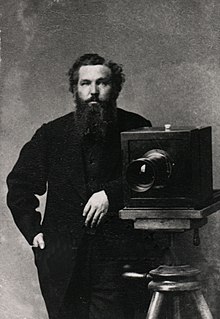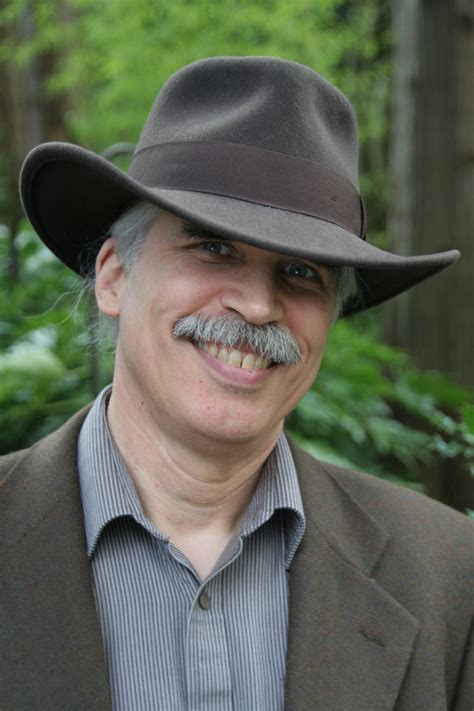A Quote by Leonard Cohen
Well, for one thing, in the tradition of Zen that I've practiced, there is no prayerful worship and there is no affirmation of a deity.
Related Quotes
A very enjoyable meditation on the curious thing called 'Zen' -not the Japanese religious tradition but rather the Western clich of Zen that is embraced in advertising, self-help books, and much more. . . . Yamada, who is both a scholar of Buddhism and a student of archery, offers refreshing insight into Western stereotypes of Japan and Japanese culture, and how these are received in Japan.
Zen is the enemy of analysis, the friend of intuition. The Zen artist understands the ends of his art intuitively, and the last thing he would do is create categories; the avowed purpose of Zen is to eliminate categories! The true Zen-man holds to the old Taoist proverb,
Those who know do not speak. Those who speak do not know.
In the beginning, the feminine principle was seen as the fundamental cosmic force. All ancient peoples believed that the world was created by a female Deity... female deities were gradually overshadowed by or incorporated into the attributes of a number of male gods, then eclipsed by the ascendance of the single male deity that dominates the Judeo-Christian tradition.
The Goat of Mendez is the god of the witches. (Mendez is another spelling of Mendes, a city of ancient Egypt where fertility worship - Baal worship -- was practiced). Masons admit readily that Baphomet is a pagan fertility god and, more importantly, that Freemasonry is a fertility cult religion. At any rate, this mockery of Jesus is a satanic symbol and figures prominently in Satan worship.
One of the great disadvantages of a literary or scriptural tradition like the biblical one is that a deity or context of deities becomes crystallized, petrified at a certain time and place. The deity doesn’t continue to grow, expand, or take into account new cultural forces and new realizations in the sciences, and the result is this make-believe conflict we have in our culture between science and religion.




































